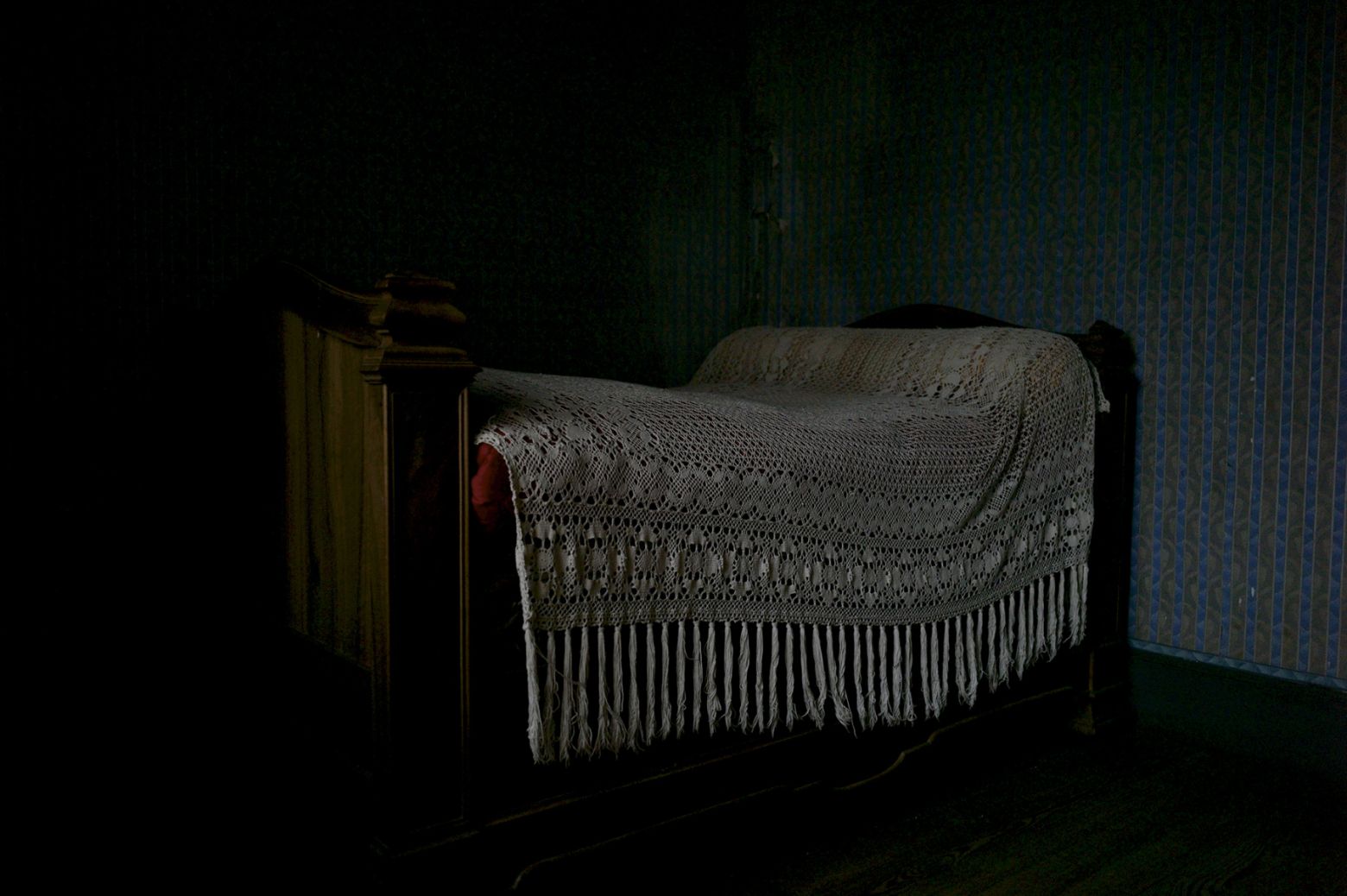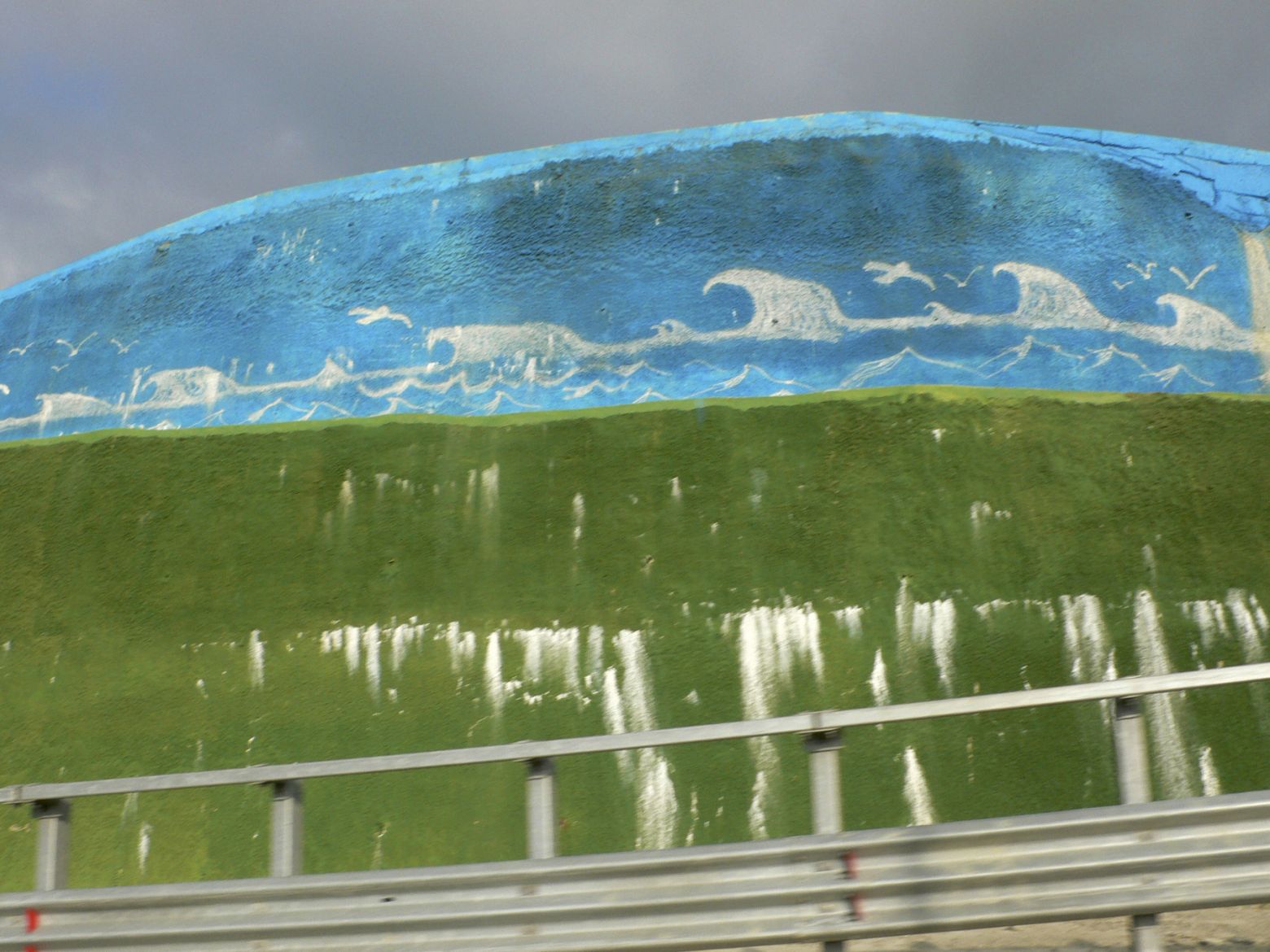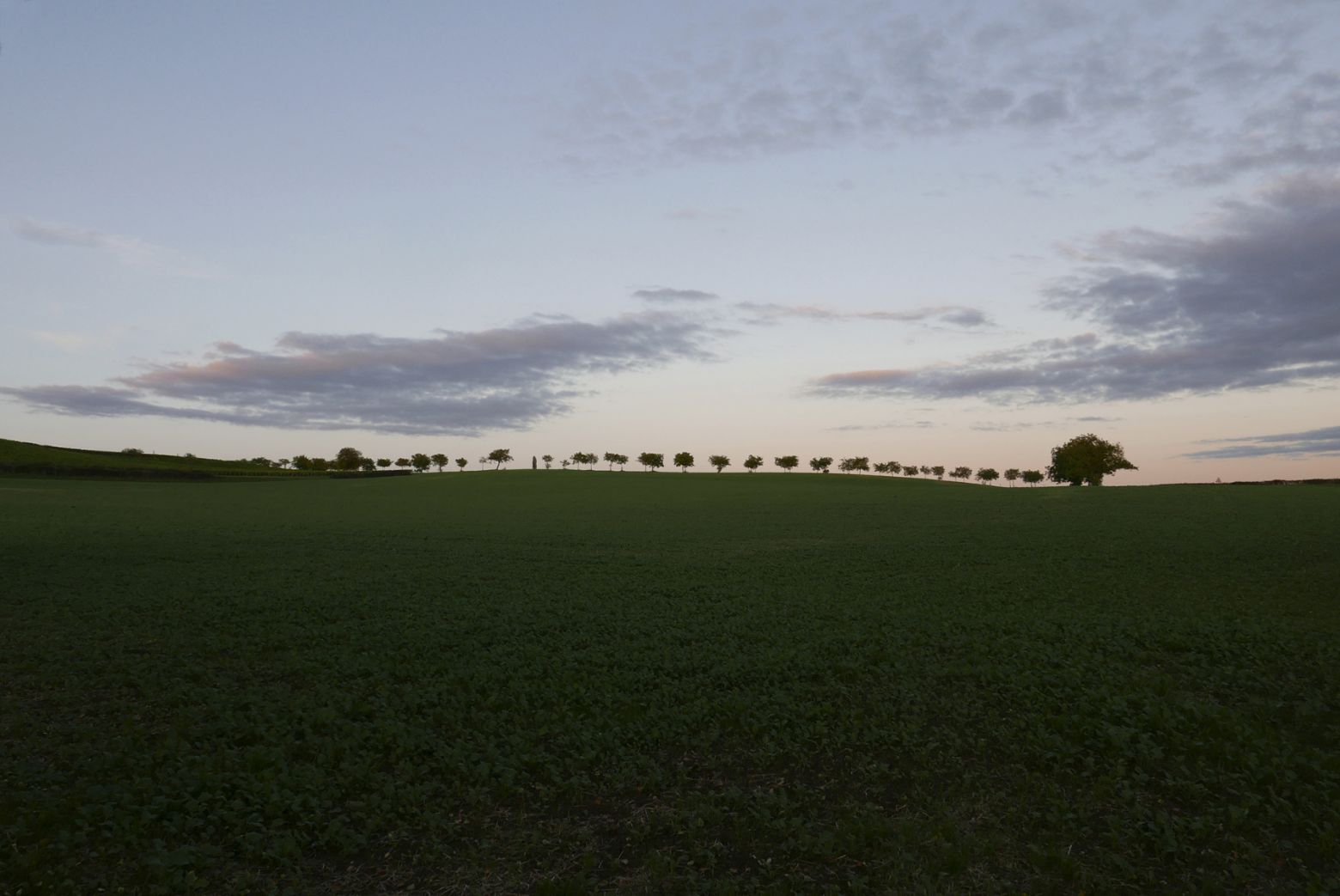Represented by Le Réverbère Gallery, Lyon
Arièle Bonzon
Born in 1955
Lives and works in Lyon

Intérieur, 2016-2026
Pigment ink print on matte art paper, 60 x 90 cm
© Arièle Bonzon

ⵜⵉⵍⴻⵍⵉ — « Tilleli » — Liberté, Algérie, 2010-2021
Tirage encres à pigments sur papier d’art, 30 x 40 cm
© Arièle Bonzon

Extérieur(s), depuis 2019
Pigment ink prints on Epson matte / Miniature print, paper size: 30 x 45 cm
© Arièle Bonzon
amers 1 { fixed and visible objects used as landmarks on a coast }
“A photographic companionship is more than ever at the heart of the current that carries me. From shore to shore, pauses in time or variations in patterns – it is the same flow, in which the question is always photography. Frame, two dimensions, value of proof, recording memory, link to the unconscious… At first, the cut-out of reality and the lack of frame of Travaux de papier (1985/88) preceded Archéologie (1990), a series of staged photographic objects. The specificities of the medium nourish me – a question of time and space. Equinoxe d’automne (1995) and its written aspect is the poetic manifestation of photography presented as an altarpiece of days, and Outreloin bleu (1999) reads the vibration of voids between the lines. I highlight the links between photography and the matter that brings it to life. I consider the photographic image to be an intellectual work attached to the reality it represents ; but I also understand it through its materiality, from which it arises and which it blends into. I see it as a texture for thought. Light in Le Jeu de la vie (2003/04), Polaroid snapshots on cut flowers. It is the time of waiting, inevitable even in the withered beauty of funerals. With Passer. Désert aller retour, I simply relied on the world. Photographic impressions of a journey, of my passing through a landscape – the desert as a physical space and metaphor of life. Speed and fixity in the same spot.” (…) — Arièle Bonzon, May 2007.
amers 2 { more or less fixed and often hardly visible objects nonetheless used as landmarks, for lack of anything better, when the coast is out of sight }
“1, 2, 3, familiar… History does not repeat itself. With Familier, I embarked on a collecting ‘affair’, an intimate community where I could play heads or tails with the known or the unknown, with the will to conjugate the verb to photograph in all tenses.
I put together this multifaceted series of approximately 150 photographs over the course of four periods between 2007 and 2010. My relationship to this approach gave me more freedom to let the world fly by, while observing what is essentially fascinating in the act of capturing made possible by photography. Based on this observation, I was able to notice that instead of certifying what we see, the capturing of reality often faces us with our own doubts. This is how Incertitudes (2013) came to be. In it, each photographic proposal questions the eye. Between two questions, I always find it necessary to look out into the distance. The windows of my home must always satisfy this need to rest the eye. Only when I rested my eyes was I able to collect these moments in space where everything becomes clear, where time merges with distance and light; this was also when Vues d’ici took shape – Lyon close up and far away.
With the ongoing series Intérieur (2015-2016), I hesitate to talk about the present in the past tense. Intérieur opens the eye to the mystery of time and puts a foot in the door. The camera obscura opens up before us. Only for a lapse of time, then nothing. Everything is gone.” — Arièle Bonzon, May 2016
Translated by Lucy Pons